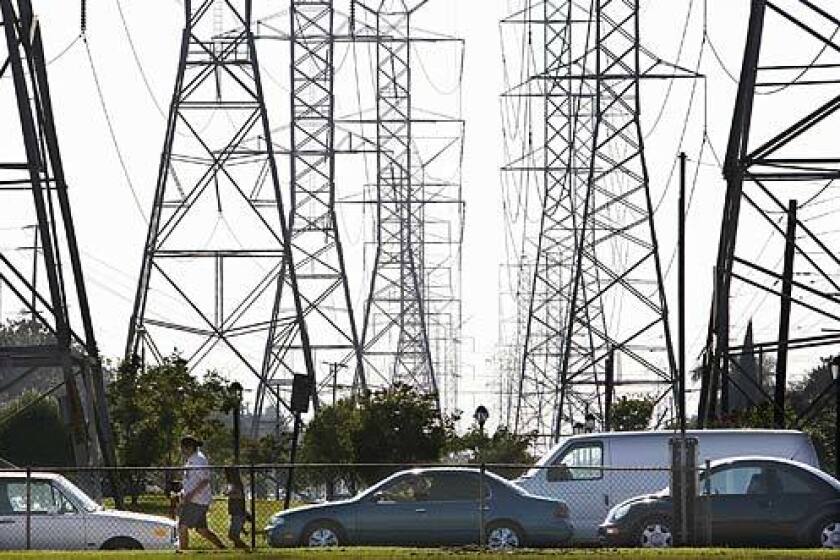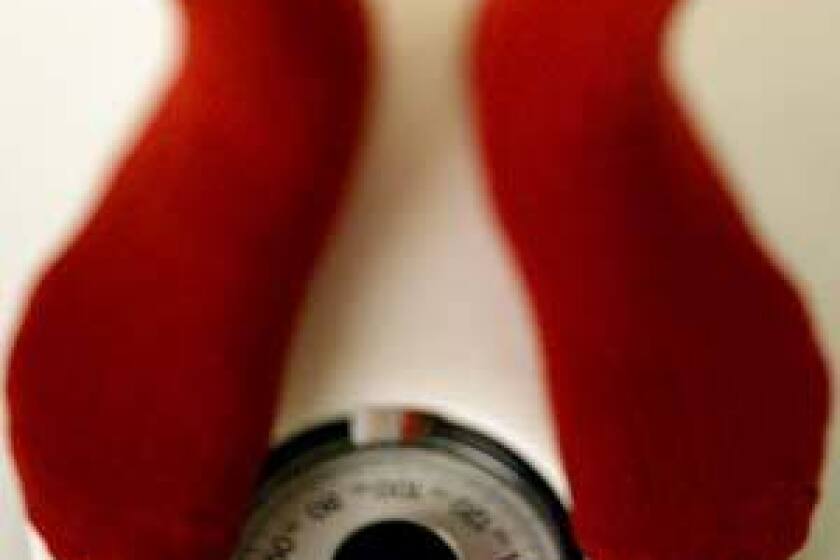Highlight
- 1
Those surrounding cellphones and their towers, power lines and Wi-Fi are often relatively weak.
- 2
Do the electromagnetic fields of power lines, cells and Wi-Fi cause harm? Experts disagree, so anxieties persist.
- 3
There are several state and nonprofit organizations that can help patients who feel they are victims of mistakes.
- 4
Before you pay, make sure you understand all of the charges. Here are some tips.
- 5
The New York City public hospital has a gritty reputation. But patient by patient, it’s a mirror on a vulnerable, volatile population and the care each person needs.
- 6
A calorie is . . . A unit of energy.
- 7
This is a safe and effective way to train your abdominal muscles to stay flat and firm when you stand.
- 8
Those elusive numbers can help you reach and maintain a healthy weight.
- 9
Scientists haven’t found a direct link between the symptoms of headaches and general complaints and being near electromagnetic fields. Some speculate that it is a mental instead of a physical disorder
- 10
Some studies say a link between EMFs and health issues is possible, others don’t. And scientists interpret the data differently.
- 11
Is having a bad habit ever a good thing?
- 12
Blood circulating through your body moves with a certain force -- that’s your blood pressure.
- 13
Results haven’t been unanimous, but a good deal of research suggests that healthy doses of potassium can help lower your blood pressure.
- 14
It’s wise to pay attention to your blood pressure -- but don’t lose sleep over it.
- 15
Everyone agrees that stressful situations make your blood pressure take off.
- 16
As people gain weight, their blood pressure tends to go up.
- 17
Dozens of studies have reported a link between exercise and lowered blood pressure: Some have found reductions of up to 10 mm Hg (systolic) and 6 to 10 mm Hg (diastolic) blood pressure units in people who already have hypertension.
- 18
Everybody needs salt, but health experts generally agree that most Americans get too much of it.
- 19
DASH stands for Dietary Approaches to Stop Hypertension, an eight-week clinical trial, reported in 1997, that tested the effects of three diets on 459 adults.
- 20
Studies consistently show that lowering blood pressure significantly lowers the risk of stroke and also, though less dramatically, the risk of heart attacks, heart failure and kidney problems. ¶ Drugs may be necessary sometimes, especially when blood pressure is dangerously high, but other things can help.
















